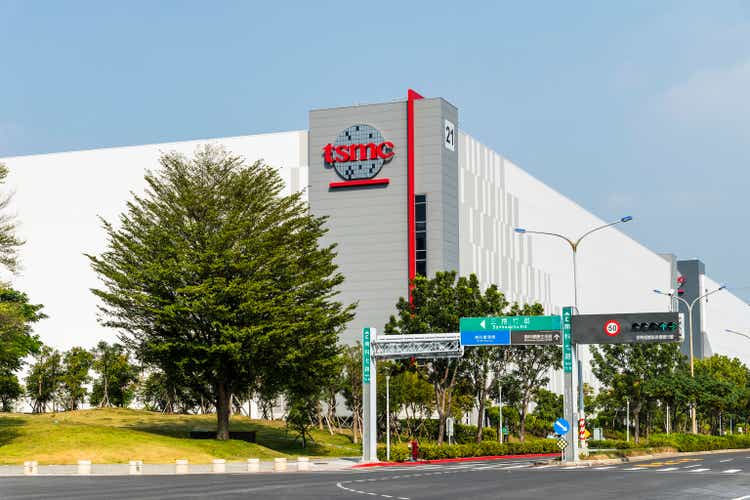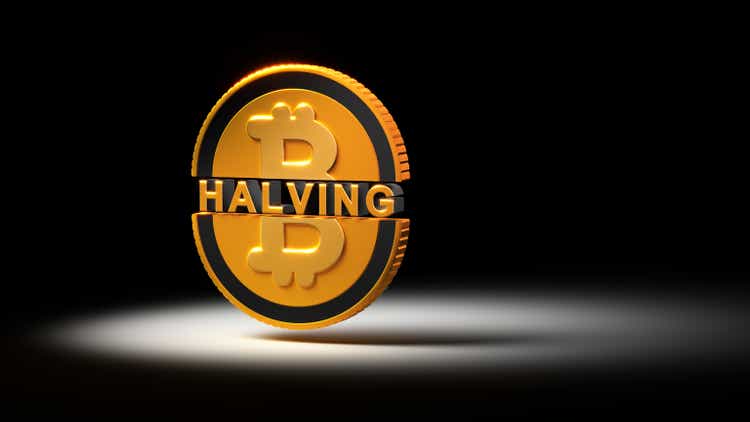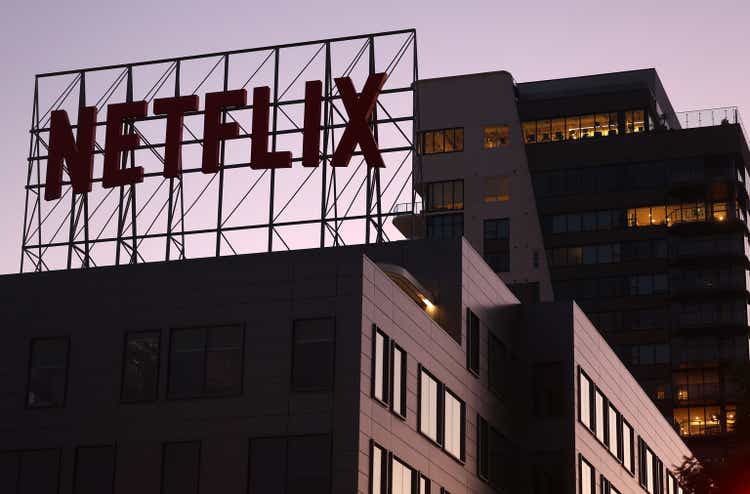Europe and India’s strategic engagement in an upended global order: Strengthening ties and bolstering partnerships

By Rashi Randev
As the West continues to maintain diplomatic and economic pressures on Russia, India continues to keep its firm stand on the Ukraine issue while maintaining its strategic autonomy. It has been consistent in its advocacy of diplomacy and dialogue and has not violated the parameters established by international law and the United Nations charter. The upended global order and the current geopolitical realities have pushed the realisation for the need to build strategic partnerships and Prime Minister Modi’s recent visit to three major European countries-Germany, Denmark and France clearly indicates India’s intent to bolster partnerships and strengthen ties with like-minded allies in Europe and is likely to set the stage for the India-EU summit and a boost in Free Trade Agreement negotiations, which have been ongoing for a decade and a half now.
With the continuation of high-level diplomatic visits in the past month, the intensity of engagement has increased in the wake of the war in Ukraine. Foreign ministers from UK, Poland, Portugal, Luxembourg, Netherlands, Norway among others and the President of the European Commission visiting India have demonstrated India’s increasing significance in the international arena.
Prime Minister Modi’s visit to Germany was an opportunity to boost strategic partnership through prospects of investment, discuss global and regional developments with German Chancellor Olaf Scholz and strengthen cooperation between the two countries which have a shared interest in upholding democratic values and safeguarding a rule based international order. It has been 70 years since diplomatic relations were established between India and Germany, which are also strategic partners since the year 2000 but this functional collaboration can only be construed as a green strategic partnership; based on sustainability, science and technology, trade and skill development. Germany is one of India’s most important partners in Europe, with deep bilateral relations, and also because of its key role in the European Union.
During the visit the leaders of both the countries chaired the 6th Indo-German Intergovernmental Consultations (IGC), which is a bilateral dialogue with the purpose to take forward the level of cooperation in areas of technology, security, education and climate change. Under Modi’s leadership, India has set a goal to become a global renewable energy hub which includes increasing its non-fossil energy capacity to 500 GW by the year 2030 and deriving 50 per cent of its energy requirements through renewable energy. The goal also includes reducing the carbon intensity of its economy by 45 percent and decreasing the projected carbon emissions by a mark of one billion tonnes till 2030. In addition, India wants to transition towards net-zero by the year 2070 which according to various reports, will require close to 12.4 trillion dollars. To achieve all these projected targets, India requires huge foreign investments for setting up renewable industries in India. One of the advantages of IGC was the signing of Joint Declaration of Intent (JDI) establishing the Green and Sustainable Development Partnership, which will substantially augment the existing partnership where Germany will fund green projects in India under private, public and PPP models by making an advanced commitment of 10 billion Euros of new and additional development assistance until 2030.
After Berlin, Prime Minister Modi visited Copenhagen, where the second India-Nordic summit was held with Denmark, Norway, Finland, Iceland and Sweden to explore new areas of cooperation; global security, economic growth and climate change. This summit was significant because after the United States, India is the only country which has established such a level of engagement with the five Nordic nations.
The Nordic countries are unquestionably the forerunners in health care, clean energy, global technology, education, innovation and digital transformation. India is one the fastest growing economies in the world which in the last few years have represented a GDP growth of 7-7.5 per cent annually, and therefore offer a large market for the Nordic countries to invest in wind energy, water management, shipping and smart cities. This visit was an attempt to expand multifaceted cooperation with the aim to consolidate the bilateral ties through the Green Strategic Partnership between a strategic potential partner such as India and the Nordic Nations, amidst the Russia-Ukraine conflict.
Modi’s visit to France just days after Macron’s victory in the French elections signifies India’s increasing importance and marks the next phase of the India-France Strategic Partnership. The conversation with France will also be important since it is holding the Presidency of the European Union this year. Both the countries are strategic partners since 1998 and have a multifarious partnership in the field of maritime security, space and defence, counter terrorism, clean energy and environment. India and France share a robust economic partnership “with a bilateral trade of 7.86 billion USD (2020-2021) and cumulative Foreign Direct Investment (FDI) 9.83 billion USD since April 2020”. At present, there are more than thousand French business ventures in India across various sectors and over 150 Indian corporations in France which have employed more than 7000 French citizens.
The challenges in the Indo-Pacific is believed to be one of the focus areas of discussion, amid China’s belligerence in the region. In September 2021, the EU put out its first Strategy for Cooperation in the Indo-Pacific, delineating its intended involvement in the region and stating that the “futures of the EU and the Indo-Pacific are inextricably linked given the interdependence of economies and the common global challenges.” The EU is the biggest investor and major trading partner for the economies of the Indo-Pacific region, and Europe has vested interests in the region; its strategy needs to engage more to “strengthen its strategic reach and its supply chains,” as any predicaments or setbacks in the Taiwan Strait and the South China sea may have a “direct impact on European Security and prosperity.”
In the future, France will be a strong pillar of the European security structure, through its naval presence and the overseas territories, France is a major Indo-Pacific power; 93 percent of its exclusive economic zones are in the Indian and Pacific Oceans, and the region is home to 1.5 million French citizens, in addition to the 8,000 soldiers stationed in the region.
As Europe seeks to engage deeper in the Indo-Pacific, strengthening the partnership with India will be crucial. With the consequences of the Russia-Ukraine war and the aggressive rise of China, there is a need for a powerful transatlantic alliance and a stronghold in the Indo-Pacific security architecture. In the future, with the growing economic competition, impacts from climate change, possible pandemic outbreaks, and threats of cyber warfare, Europe cannot single-handedly undertake these challenges, and therefore both India and Europe are essential for each other.
Europe’s new strategic orientation towards India and the intent to enhance its maritime footprint in the Indo-Pacific region and India’s priority towards maintaining its strategic autonomy and converging with Europe will lead to a robust relationship.
(The author is a doctoral candidate at the Centre for Canadian, US, and Latin American Studies at Jawaharlal Nehru University. Views expressed are personal and do not reflect the official position or policy of Financial Express Online. Reproducing this content without permission is prohibited.)
Checkout latest world news below links :
World News || Latest News || U.S. News
Source link



